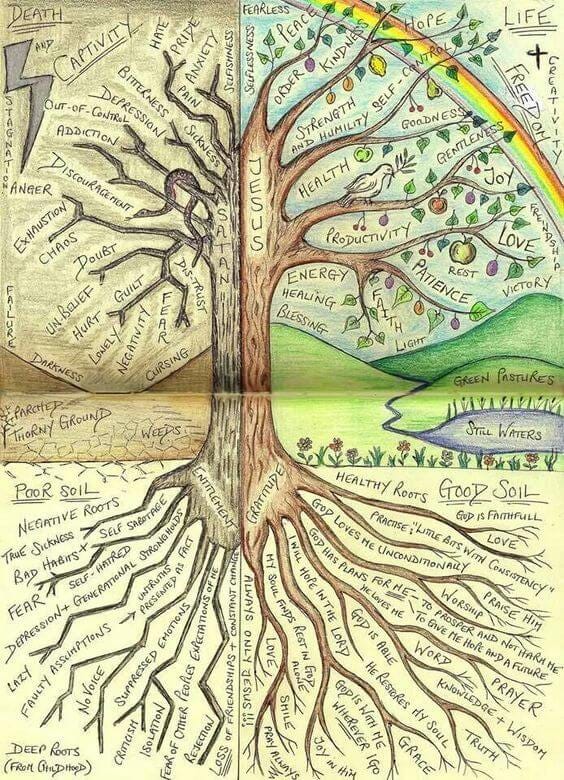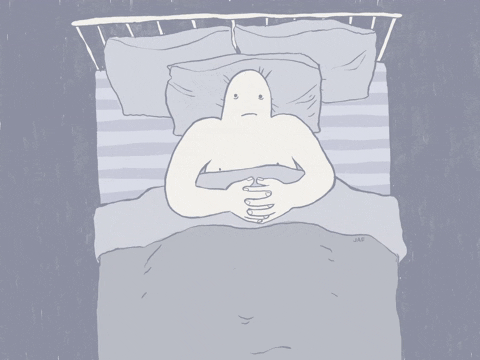Reading time: Approx 0h 4m 29s | Subject - Mindfulness
Many children are fond of flying kites in their childhood.
Children gradually learn to fly and put string in kites; they like to dual and cut each other's kites very much. Sometimes, someone else's kite is cut by pulling the thread, and sometimes, the kite is cut by loosening the thread.
All this in the game of flying kites is natural.
Sometimes, the children make the kite fly so far away that it becomes challenging to handle and fly properly.
Due to the air and distance of the kite, the tension on the thread becomes excruciatingly high and very difficult to control. At this point, either the string of the kite breaks or the kite gets stuck in a tree or house.
Despite this, once a good wind blows, a smile crosses children's faces that they can now fly their kite far away, and they do so but subsequently lose control of it as well.
Similarly, the mind also loses its control again and again due to the feeling of a little good thing or the apprehension of something wrong happening. It does not stay in the present situation and gets so immersed in the ocean of the future that it starts feeling pressure due to its depth, just like a submarine does.
We are talking about the tension on the thread of those who fly the kite of their thoughts too far. We are talking about the mental illness of those who think too much—those who overthink.
What is overthinking?
The generation of many ideas at the same time due to excessive observation of something or a situation is called excessive thinking on a subject. You can also say, overthinking.
This creates a huge tree of right and wrong thoughts in the mind.
This leads to the beginning of mental diseases.
In comparison to bad thoughts, good thoughts give a person more thrill and space to linger timelessly, destroying the person's power to think and understand. They build clouds of dreams based on those thoughts that are impossible to come true in any way on the ground.
Even if they do so, they may not come exactly as they thought. However, there is a high probability that not every dream will become a reality.
A person, just to give peace to his mind, builds a false mountain of good thoughts and then continues to mentally torture himself for fear of such thoughts not coming true.
A person never dreams on the basis of a mountain of wrong thoughts because wrong thoughts are the reflection of misery, and a person is scared of misery. Yet, even because of the probability of a bad outcome, they accept it as true and overthink.
For instance, if I say, today, you’ll get a bag full of $100M, you won’t accept it.
But, if I say that today you’re going to be late for your office, you’ll accept it as true and subsequently follow many bad thoughts.
With positive thoughts, if there’s proof, like from $100M, you got $1M, you’ll believe the next 99 and start to weave your dreams. On the other hand, if negative thoughts even show a sign of probability, you’ll start to believe it as realistic.
With positive thoughts, we build dreams after dreams.
With negative thoughts, we build bad situations one after another: “if this goes wrong, that wrong will happen.”
Sometimes, it proves positive to us because it helps us to prepare, but with positive thoughts, it doesn’t happen.
It never gives us any advantages other than daydreaming.
We choose to stay with the positive overthinking. We choose to walk with it no matter where it leads because it feels good.
Whereas, if we dive into the pool of negative overthinking, we feel anxiousness in ourselves. We want to not have it but still have it. If you choose to walk with it, you have to walk on the thorns, but with good thoughts’ overthinking the case is different.
For example, try to think how much negative thinking you can do.
After some time, after thinking a lot of negative thoughts, you let go of those bad thoughts without accepting them. You try to make yourself aware that it won’t happen. Or, you at least ensure to make yourself aware that you don’t want it.
Sometimes, when you’re mindful, you realise that they are not true; you take a sigh of relief and come out of overthinking.
You May Also Like
The problem arises with good thoughts, which, while giving us happiness, force us to believe even falsehoods to be true.
The person keeps on creating happy things in overthinking.
He becomes something else in his imagination. He thinks that he will create a lot for his family, his society, and his business, but he remains stuck in his imagination only.
The kite of his dreams flies so far that insomnia and depression catch his mind.
It is not wrong for any person to dream because any successful person moves forward only by dreaming, but it is wrong to only dream and make a loop of your dreams while dreaming. The problem arises when, after dreaming, one does not work hard for it on the ground.
Flying the kite of your dreams far away is a way of getting dopamine; it makes a person feel happy.
However, this type of overthinking takes a person away from his goal and leads him to laziness by breaking his concentration.
In the beginning, a person does this overthinking on his own, but when the person faces reality, a lot of time has passed, and then the person does not have the courage to dream on his own.
At such a time, the person becomes dependent on another person (husband, wife, brother, sister, friend, son, relative, parents, etc.) even to dream on his own.
Due to this, the person's brain takes the path of madness and frustration.
And when a person's thinking also starts depending on others, is that person capable of working hard on his own? This means that overthinking is a self-deception born out of a lie.
Thinking about something makes a person alert so that he can move towards progress by being conscious and reducing or eliminating the chances of something bad happening.
But thinking that only by overthinking will you become great or that only by overthinking will you find a solution to the problem is wrong. Both this type of thinking and the person who does it are wrong.
You will not get anything from overthinking except burden.
Thank you for reading my Substack post. I hope you liked it and that it has offered you a valid point about good thoughts and how they can affect your life, not so in a freakish way but in a steady and humble way.
Do you have any views? Please share them in the comments. I’d love to hear what you have to say about it.
Please hit the little heart ❤️ button. It will help my post get seen by other readers.
Share it to support me and motivate me to write more small posts that matter.
Thanks again
Have a wonderful day.
See you in my next post
Till then
Be a Humble Human












💯💯
Good stuff